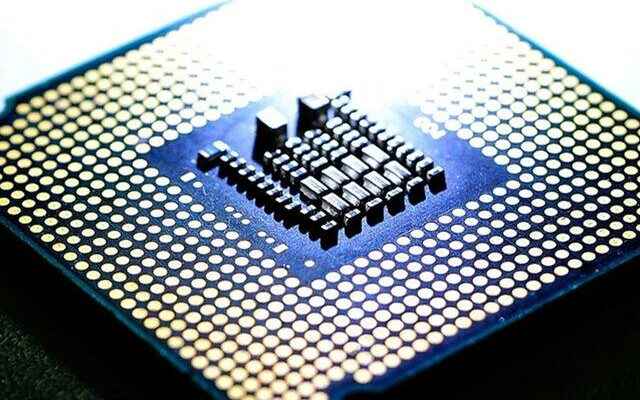The U.S. Senate has approved a bill that includes $280 billion in aid, including tens of billions of dollars in scientific research aimed at supporting the domestic chip manufacturing industry and maintaining the country’s technological dominance in the global economy. In today’s vote, after the resolution was approved in the Senate with a majority of 33 to 64 votes, the bill must be approved first in the General Assembly of the House of Representatives and then by US Secretary Joe Biden in the next process.
TAX REDUCTION OF 25 PERCENT
The bill aims to reduce the US reliance on chips produced by China and other global powers in military hardware and other industries. With the draft law prepared to increase local semiconductor production, it is foreseen that the chip shortage that causes disruption in production will be alleviated. The bill, in which a total budget of 280 billion dollars is planned, is provided for the companies producing chips in the USA for the production of semiconductors, 52 billion dollars, 81 billion dollars to the National Science Foundation (NSF), as well as 25 percent to encourage the establishment of semiconductor factories. Includes tax deduction.
Senate Majority Leader Charles Schumer, who led deliberations on the bill, described the Senate’s decision as a “historic and significant” achievement. We’ll say it,” he said.
‘NOTHING MORE IMPORTANT THAN COMPETITION’
Senator Roger Wicker, a senior member of the Senate Commerce Committee, stated that the bill will expand US semiconductor production, create new opportunities for scientific research and increase the country’s ability to compete with China. ” said.
‘WE WILL NOT BE DEPENDENT ON FOREIGN COUNTRIES’
US President Joe Biden, who made a statement after the Senate’s approval of the bill, which aims to establish the US’s manufacturing and technological superiority over China, stated that the bill will “lower the prices of everything from cars to dishwashers,” adding, “This will mean more flexible American supply chains. “We will never be dependent on foreign countries for the critical technologies we need for American consumers and national security.” (UAV)
